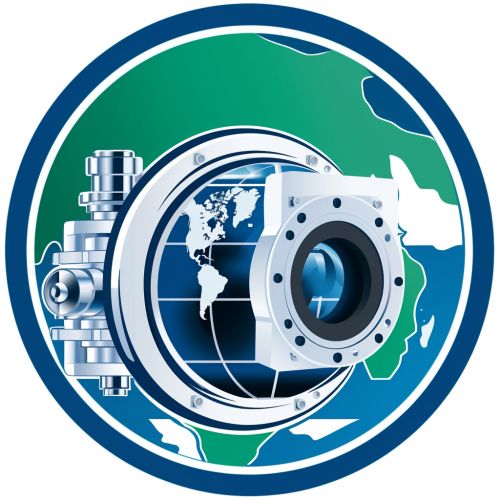PROFIBUS & PROFINET International (PI)
Introduction
PROFIBUS & PROFINET International (PI) is a non-profit organization that supports automation technology standards, specifically PROFIBUS and PROFINET. The organization is responsible for the development and promotion of these two industrial communication protocols, which are used extensively in manufacturing and process automation.


History
PROFIBUS & PROFINET International (PI) was founded in 1989 with the aim of developing and promoting PROFIBUS, a fieldbus standard for communication between devices in automation technology. The organization later expanded its mandate to include PROFINET, an Industrial Ethernet standard.
Structure
PI is a member-driven organization, with over 1,500 companies from various sectors of the automation industry as members. The organization is governed by a board of directors, which is elected by the members. The day-to-day operations of PI are managed by a central office located in Karlsruhe, Germany.
Activities
The main activities of PI include the development and promotion of the PROFIBUS and PROFINET standards, as well as providing support and information to its members. The organization also offers certification services for devices that use these protocols, ensuring their compatibility and interoperability.
PROFIBUS
PROFIBUS (Process Field Bus) is a standard for fieldbus communication in automation technology. It was first developed in the late 1980s by a consortium of companies led by Siemens. PROFIBUS is designed to enable communication between devices and controllers in both manufacturing and process automation.
PROFINET
PROFINET (Process Field Net) is an Industrial Ethernet standard that was developed by PI. It is designed for collecting and exchanging data between devices and controllers in real-time, making it suitable for both discrete manufacturing and process automation.
Impact
The PROFIBUS and PROFINET standards have had a significant impact on the automation industry. They have enabled more efficient and flexible production processes, and have been adopted by a wide range of industries, including automotive, chemical, pharmaceutical, and food and beverage.
